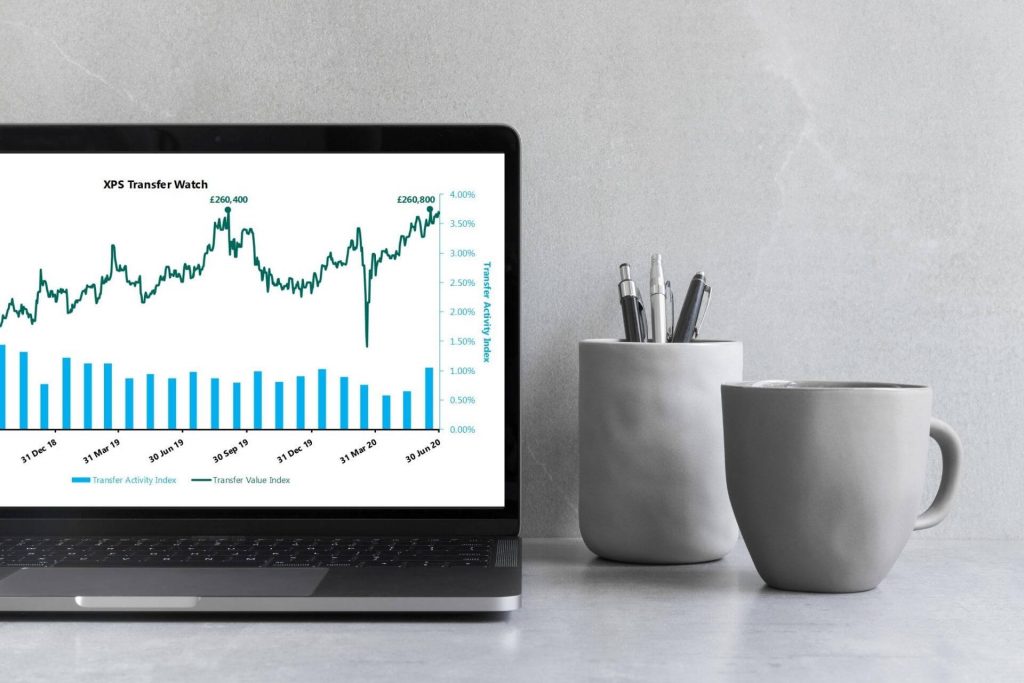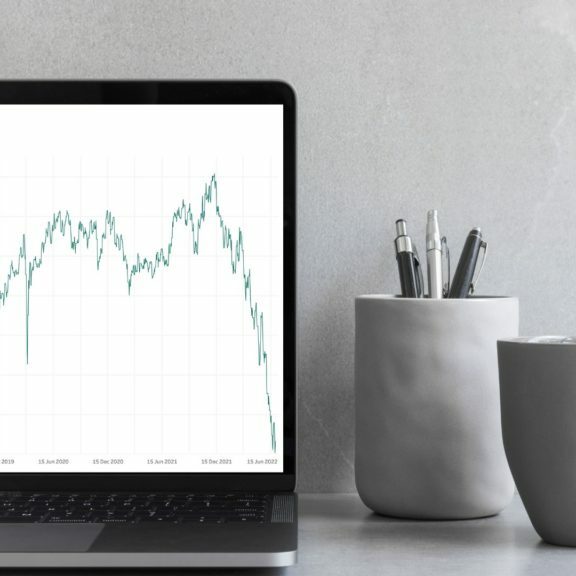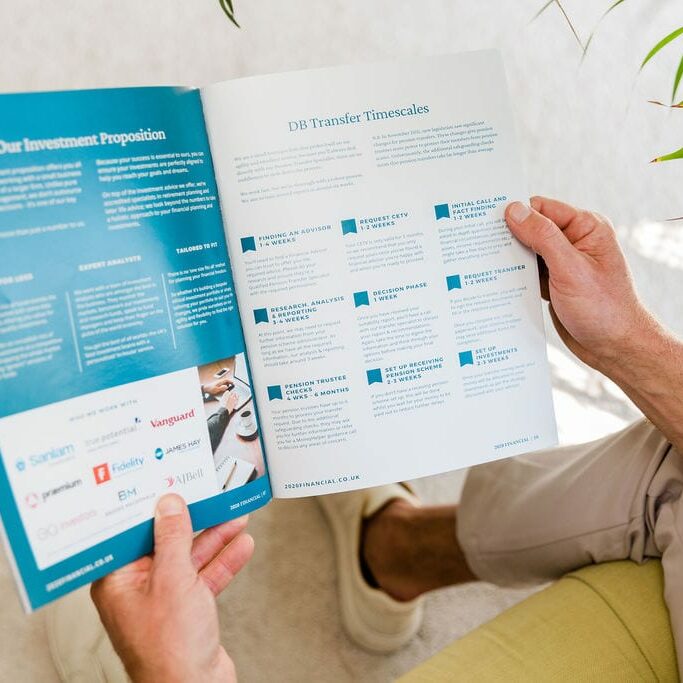Transferring your Final Salary Pension to a personal pension arrangement may give you access to a large lump sum and offer you the freedom to invest and spend your pension pot as you see fit, but there can be significant costs and fees involved.
The amount you pay could impact your long-term wealth. So exactly how much does a Final Salary Pension Transfer Cost?
The full cost of a Final Salary pension transfer will depend on a number of factors:
- how much you pay for transfer analysis and advice,
- what type of investment you choose afterwards
- and how much you pay for ongoing advice.
It’s worth noting that if you stay within your Final Salary Pension scheme there are no investment charges made to your pension, these are shouldered by your scheme administrator. As a member of a Defined Benefit Pension scheme, the amount of money you receive is guaranteed for life and protected against inflation. Transferring out of a Defined Benefit Scheme carries significant risk and shouldn’t be considered without expert advice.
For most people transferring out of their existing DB Scheme is not in their best interests.


Defined Benefit Pension Transfer Costs
Figures from The Pensions Regulator show that in 2018/2019 alone over £34 billion was transferred out of Defined Benefit Pension Schemes.
Demand for transfers out of these gold-plated pensions schemes was driven mainly by high transfer value offers and the flexibility and freedoms offered within defined contribution arrangements that are not available within a Final Salary pension scheme.
With the huge demand for transfers the Financial Conduct Authority, who oversee financial services firms and financial markets in the UK have put safeguards in place to protect those with defined benefit pensions from giving up their guaranteed benefits without understanding the full risks and costs involved.
The FCA state that for transfers valued over £30,000, you will need to seek the advice of a qualified Pension Transfer Specialist. You’ll need to pay for any financial advice you receive, but the costs aren’t limited to the initial advice you receive.
Types of costs you might encounter include:
- Transfer Analysis and Advice Costs
- Ongoing Financial Advice fee
- Wrapper Charge
- Annual Management Charge (AMC)
- Discretionary Management fees
- Additional Fees & ad-hoc costs
1) Transfer Analysis and Advice Fees
Transfer Analysis and advice fees are paid to the Financial Adviser to provide the advice and carry out the transfer on your behalf. Final Salary Pension Transfers need in-depth analysis and can be a lengthy process, transfers can take weeks of work, sometimes months, depending on your scheme administrator and the availability of information.
The initial advice fee for a pension transfer will vary from firm to firm, but it could be anywhere up to 5% of the value of your transfer depending on the size of your transfer value. Fees tend to be tapered, so the larger your pot, the smaller percentage you’ll end up paying but expect to pay upwards of £2000 as a minimum.
Transfer analysis involves carrying out in-depth research:
- Understand your current and future financial position
- Understanding your goals for retirement both financial and lifestyle
- A full analysis of the benefits offered by your current pension scheme
- Risk profiling
- Transfer Comparator Analysis
- Planning investment strategies that fit your risk profile and allow you to meet your goals
Any recommendation to transfer must now be in the form of a ‘personal recommendation’ which means the adviser is responsible for the advice they give you. If in the future, you deem that advice to have been inappropriate, you have recourse through the financial ombudsman to make a complaint. Because of this, insurance premiums for firms offering pension transfer advice has skyrocketed. Pension Transfers are considered highly specialised and high-risk areas of business. You’ll have to pay for any advice you receive since your adviser is taking on financial risk by offering advice.
The amount you will pay will vary from firm to firm. You should ask for quotes before undertaking any advice.
Did you know?
The majority of complaints received about Final Salary Pension Transfers actually relate to delays caused by the adviser that resulted in losses to the client. Don’t shop solely on price – Quality and speed of service are just as important as cost. You may be able to negotiate your fee with your preferred adviser, it’s always worth asking.
2) Ongoing Financial Advice fee
Just like you might pay a management company to oversee a rental property, you’ll want a good financial adviser to manage your money for you. A good financial adviser will maximise your gains in a good market and minimise your losses in a downturn. They’ll keep you on track with your goals, make sure your investments are regularly checked against your risk profile – because things can change.
You’re paying for performance, but you’re also paying for peace of mind. A good financial adviser should become a trusted guide to help you with your financial decision making.
When it comes to Defined Benefit Pension Transfer makes sure that the Adviser you engage has the required permissions and qualifications to carry out the work and ideally, you want someone who has signed up to the Pension Gold Standard, a code of ethics and higher standards designed to protect the consumer.
If you are a sophisticated investor, you may not have to pay a Financial Adviser to manage your money, you could opt to manage your money yourself. However, since the FCA now require investment advice to be included in a pension transfer recommendation it is unlikely you will be able to self-manage your investments straight away.
Did you know?
A Financial Adviser could make you £40,000 richer on average. Financial Advisers may charge for their services but research has shown that a combination of their investing expertise and their ability to help you set and stay on track with financial goals leaves you wealthier in the long run.
3) Wrapper Charge
Regardless of whether you employ a financial adviser or self-manage your investments your Pension or Platform Provider will levy a fee to use their product. Much like a service charge that you would pay if you owned a flat. It is charged by the company that provides the investment and covers the cost of the running of the platform.
It may also be known as a “product charge”, “platform charge or “policy fee”.
4) Annual Management Charge (AMC)
Another charge that Pension or Platform Providers charge is an Annual Management Charge.
As well as annual fees there may also be dealing costs i.e. fees for buying and selling. Historically the total amount of annual fees was referred to as the TER (Total Expense Ratio) and it showed the real cost of the investment which included the expenses for buying and selling.
EU rules have since replaced Total Expense Ratio (TER) with the Ongoing Cost of Funds (OCF). Funds legally have to publish this figure because it is the TRUE COST of the fund and is usually higher than the Annual Management Charge.
The Ongoing Cost of Funds (OCF) represents all of the charges, including the annual management charge and other charges for services such as keeping a register of investors, calculating the price of the fund’s units or shares and keeping the fund’s assets safe. The OCF must be displayed in the policy Key documents.
5) Discretionary Management fees
Some Financial Advisers may use the services of a Discretionary Manager. A Discretionary Manager adds an extra layer of investment advice, making investment decisions on your behalf depending upon their view of the market.
6) Additional Fees
Some pension products can also have annual SIPP fees, drawdown fees (see our pension drawdown calculator) or other ad hoc costs such as a charge to access your tax-free lump sum or to commence drawdown. These are often known as ‘hidden costs’. They vary from product to product and although they may only be small amounts as fees, they can add up. So it is important to understand exactly what fees you will be incurring.
Case Study: Jim’s Story
Jim, a recent client in his 70s came to us from a well-known high street bank’s advisory service. Despite being highly capable and having previously run his own successful business, he was confused about all of the charges that were being withdrawn from his investments, they seemed excessive compared to what he had been quoted and he had no idea what they were for.
His ‘Relationship Manager’ at the bank kept insisting that they only charged him 1.25% per annum to manage his investments. Even when we agreed to investigate on his behalf they were still insistent this was the case. After several calls to his investment providers and a lengthy chat with the Relationship Manager at the bank, he admitted that VAT was also paid on the 1.25% and that there were additional investment fees levied, albeit, not by them.
The relationship manager also said they had no idea what his pension and investments were charging him even though they had recommended the products. Further investigation resulted in the discovery of various product charges and investment charges. Jim was paying more than double what he had originally been told by this high street bank.
Jim saved over £3,000 per annum in fees by moving his investments over to 2020 Financial. where he now pays the following:
- Ongoing Financial Advice
- Platform charge
- Investment Fund
- Annual SIPP fee
*Name has been changed to protect identities
Summary
Whilst Jim may not be a typical example, his story shows that fees can be significantly different from one adviser to the next and it’s important to understand how much you’re paying and benchmark it against the wider market.
Because we’re an independent adviser, we can find the most competitive products and providers in the marketplace to offer similar or improved performing investments at the most competitive price.
When receiving quotes, forecasts and/or reports on your investment performance it is also important to understand if these forecasted or actual performance figures are NET of fees. When talking to a financial adviser always make sure you understand the TOTAL cost of transfer and ongoing management.
If you have a question about Final Salary Pension Transfers that you’d like us to answer, why not email us?



